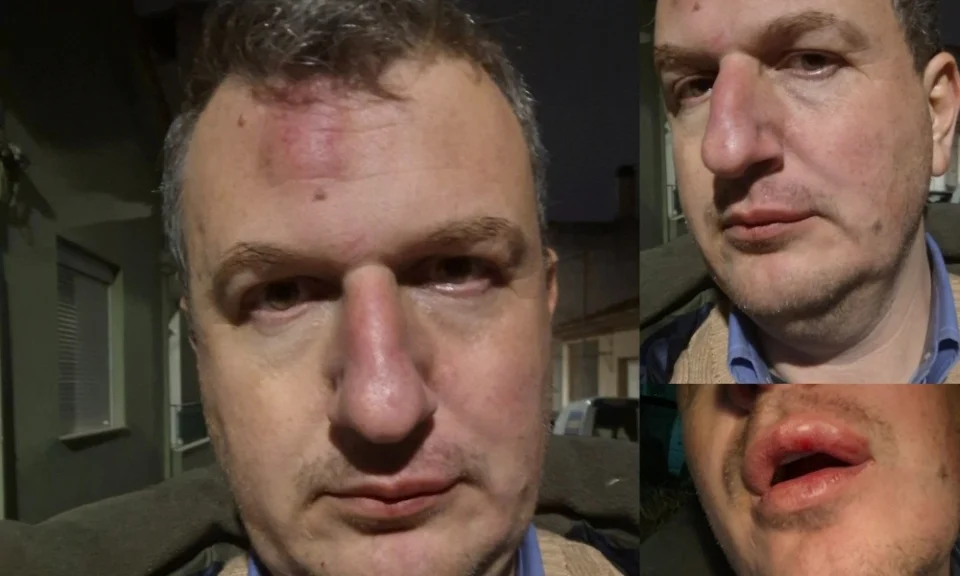
Crackdown on Dissent: Egypt Arrests Wife of Detained Cartoonist Ashraf Omar
February 13, 2025
AP Journalists Barred from Air Force One Over “Gulf of Mexico” Naming Dispute
February 14, 2025February 13, 2025 – Italy –
The Italian government faced allegations of using Israeli-made spyware, Graphite, developed by Paragon Solutions, to surveil journalists and migrant activists. The controversy erupted when WhatsApp informed 90 individuals across 24 countries, including Italian journalist Francesco Cancellato and migrant rights advocate Luca Casarini, that their phones had been compromised by the spyware. The spyware, capable of accessing encrypted messages and other sensitive data, was reportedly deployed without the users’ knowledge.
The Italian government denied any involvement in the surveillance activities. Cabinet Minister Luca Ciriani acknowledged that at least seven Italian phones had been compromised and stated that Italy would cooperate with investigations into the matter. He emphasized that the government had a longstanding contract with Paragon for national security purposes, which was being used lawfully. However, Paragon Solutions terminated its contract with Italy, citing violations of its terms of service, which prohibit targeting journalists and civil society members.
In response to the allegations, several Italian journalists and activists initiated legal action against the government, seeking accountability for the unauthorized surveillance. The case has drawn attention to the broader issue of spyware misuse and the potential threats to privacy and press freedom posed by such technologies.
The controversy has also raised concerns about the ethical use of surveillance tools by democratic governments and the need for stringent oversight to prevent abuses. While Italy maintains its stance on the lawful use of spyware, the termination of the contract by Paragon Solutions and the legal actions taken by affected individuals suggest a growing scrutiny of government surveillance practices.
This incident underscores the delicate balance between national security interests and the protection of individual rights, highlighting the importance of transparency and accountability in the use of surveillance technologies.
Reference –




